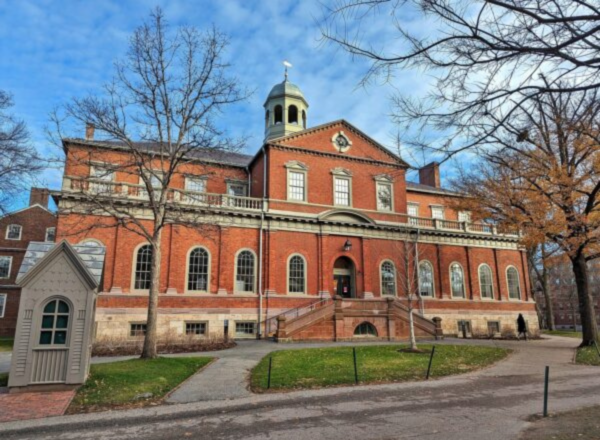New Jersey makes strong push for development of cannabis industry
Writer: Esteban Pages
 February 2023 — Across the U.S.,19 states have legalized both medical and recreational marijuana as of 2021, while 18 have legalized it for medical use only. As legalization progresses throughout the country, international market research and consulting firm Grand View Research estimated the U.S. cannabis market was valued at $13.2 billion in 2022, expecting it to expand at a compound annual growth rate (CAGR) of 14.2% from 2023 to 2030.
February 2023 — Across the U.S.,19 states have legalized both medical and recreational marijuana as of 2021, while 18 have legalized it for medical use only. As legalization progresses throughout the country, international market research and consulting firm Grand View Research estimated the U.S. cannabis market was valued at $13.2 billion in 2022, expecting it to expand at a compound annual growth rate (CAGR) of 14.2% from 2023 to 2030.
In New Jersey, between July and September 2022 alone, sales receipts on recreational cannabis amounted to $116.57 million, according to the state’s Cannabis Regulatory Commission (CRC). Including medicinal cannabis sales, the amount jumps to $177.71 million. In terms of dispensaries, the state counts 20 recreational cannabis locations and 10 medicinal cannabis stores selling to registered patients only. Yet, the regulatory agency has identified areas of opportunity for the Garden State to capitalize on this booming industry.
CRC’s board meeting on Feb. 8 is a reflection of such efforts. The regulator’s permitting and licensing committee recommended raising the state’s cap on the number of cultivation licenses to expire, as well as improvements to the overall licensing process. New Jersey’s cannabis law currently capped Class 1 (cultivator) licenses at 37, although there are only 17 businesses licensed to grow cannabis in the Garden State – six for medical distribution and 11 for recreational and medical. In contrast, California, the first state to legalize marihuana in 1996, counted 774 dispensaries in 2021, according to Statista.
From a canopy standpoint, the figures also lag behind the rest of the country. CRC’s permitting and licensing committee’s figures place the New Jersey canopy at 418,000 square feet and one cultivation license for every 197,000 residents, while the national average stands at 31,000 residents.
To enable more businesses to participate in New Jersey’s incipient cannabis industry, the CRC will also allow the provision establishing a limit on the number of licenses for cultivators for a 24-month period to lapse. The regulator hopes this measure translates into a greater number of market participants but also favorable pricing and better access for patients and consumers alike.
Another notable measure is the adjustment relative to criteria on priority applicants, allowing social equity, diversity-owned businesses and impact zone applications for annual and conversion licenses to be reviewed before the rest. Moreover, the CRC is the approval of a framework allowing medical dispensaries and recreational-use retailers to operate consumption lounges, albeit with an additional application and approval by both state and local authorities. Statewide vertical integration bans are also coming to an end after Feb. 22, allowing cannabis license holders to hold cultivation, manufacturing, retail and delivery service licenses simultaneously, provided they only hold one of each license type in any combination. The CRC is also bringing in the finishing regulatory touches on three new license types: Class 3 (wholesaler); Class 4 (distributor) and Class 6 (delivery).
The Garden State’s cannabis industry has more room to grow, considering that since the CRC rolled out the notice for application in late 2021, 1,575 applications for Class 1 (cultivator), Class 2 (manufacturer) and Class 5 (retailer) licenses were received. The breakdown of these applications is 72% diversity-owned businesses, 25% social equity businesses and 43% impact zone businesses.
“Eventually, cannabis stores are going to be like liquor stores. Those initial stores are going to have lines out the door and they’re going to reap tremendous profits. Over time, I suspect many additional towns will start issuing licenses in addition to the stores already in queue, so the supply and demand will begin to even out. There are limitations in terms of how many cannabis licenses are currently available, so there is less competition and those stores do extremely well. We’re currently in the gold rush period. Cannabis stores are still going to be highly profitable, but not at the level of the initial push,” said Jason Pierson, president of Pierson Commercial Real Estate, in an interview with Invest:
For more information, visit:














